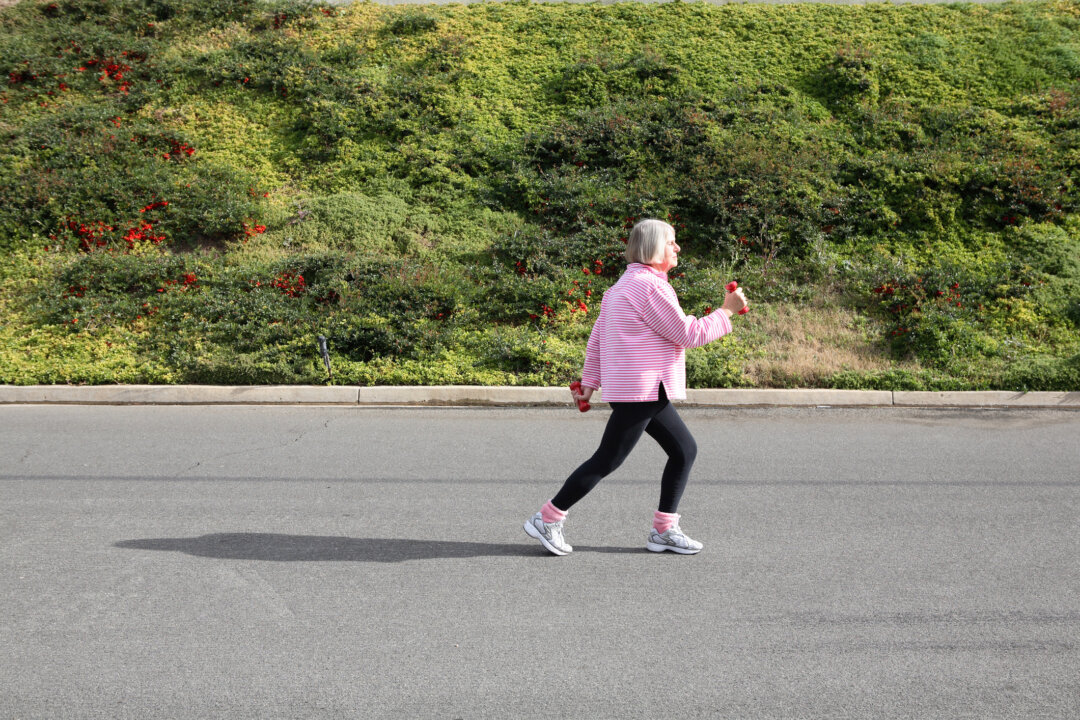Researchers at Penn State University found that routine physical activities, from low-intensity movements like household chores to more vigorous efforts like jogging, can provide immediate cognitive benefits. Study participants who were active showed mental processing speeds typical of someone four years younger. The study followed 204 participants aged 40 to 65 from the Bronx, New York, with no history of cognitive impairment.
The participant pool included nearly 50 percent black or African American participants and 34 percent Hispanic participants. Participants logged their activities six times daily over nine days, completing cognitive tasks after reporting their physical movement levels. Physical activity within the previous 3.
5 hours led to improved processing speed. While working memory itself didn’t improve, response times in memory tasks showed enhancement. More frequent activity corresponded to greater cognitive benefits.
Participants who were active more frequently experienced greater cognitive benefits than those who were less active. This suggests regular physical activity may correlate with increasing cognitive health benefits, though further investigation is needed into how frequency and timing of physical activity affect cognitive health, Hakun noted. “These findings suggest that everyday physical activity may promote cognitive health in midlife and that the benefits may be enjoyed immediately,” the researchers wrote.
Hakun and his team plan to expand the.


















